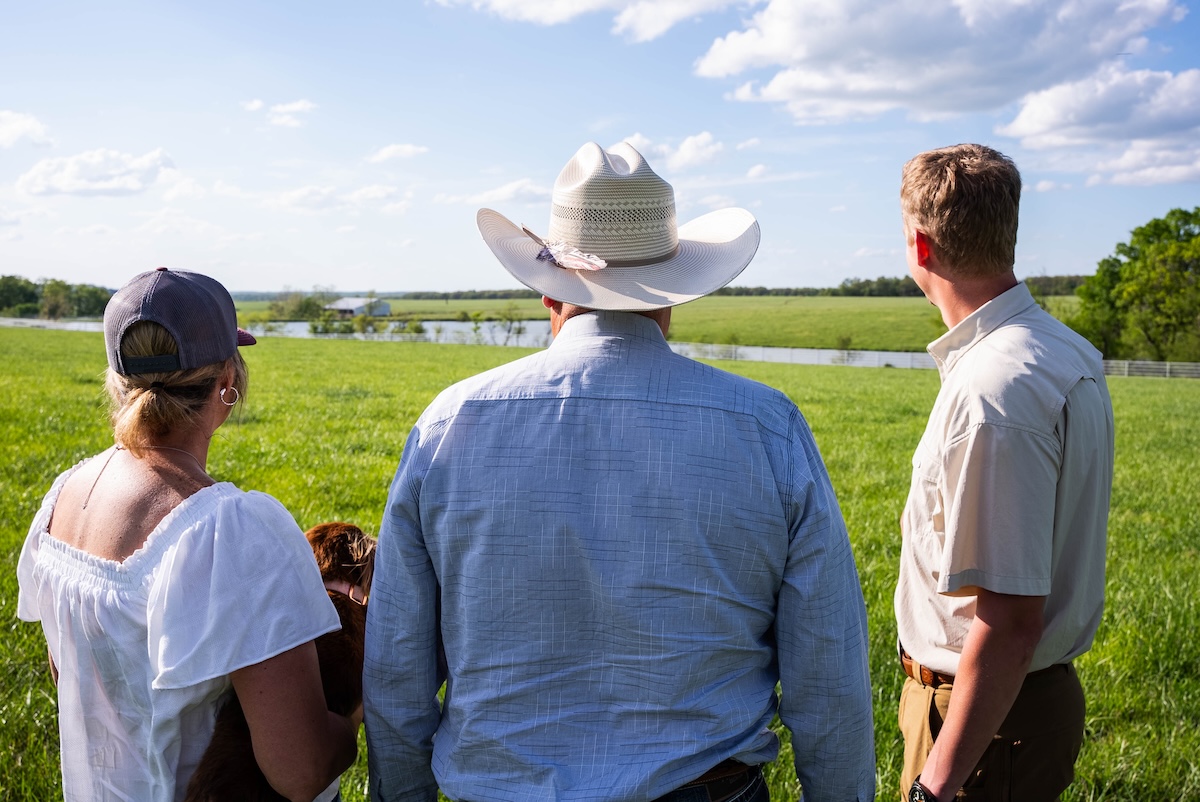
Preserving Family Farms: Strategies for Generational Transfer
Preserving agricultural heritage, family farm succession planning, and strategies for generational transfer are part of keeping lands intact. Oftentimes, these aren't fun things to talk about. These involve the passing of yourself, or of loved ones, and that's not someone anyone wants to happen. That said, preserving family farms requires the use of strategies to ensure it's done properly. Here are some things to know.
Editor's Note: This is not financial, investment, legal, or real estate advice. Consult with a financial planner, investment specialist, real estate lawyer, and real estate professional before buying or selling land at auction.
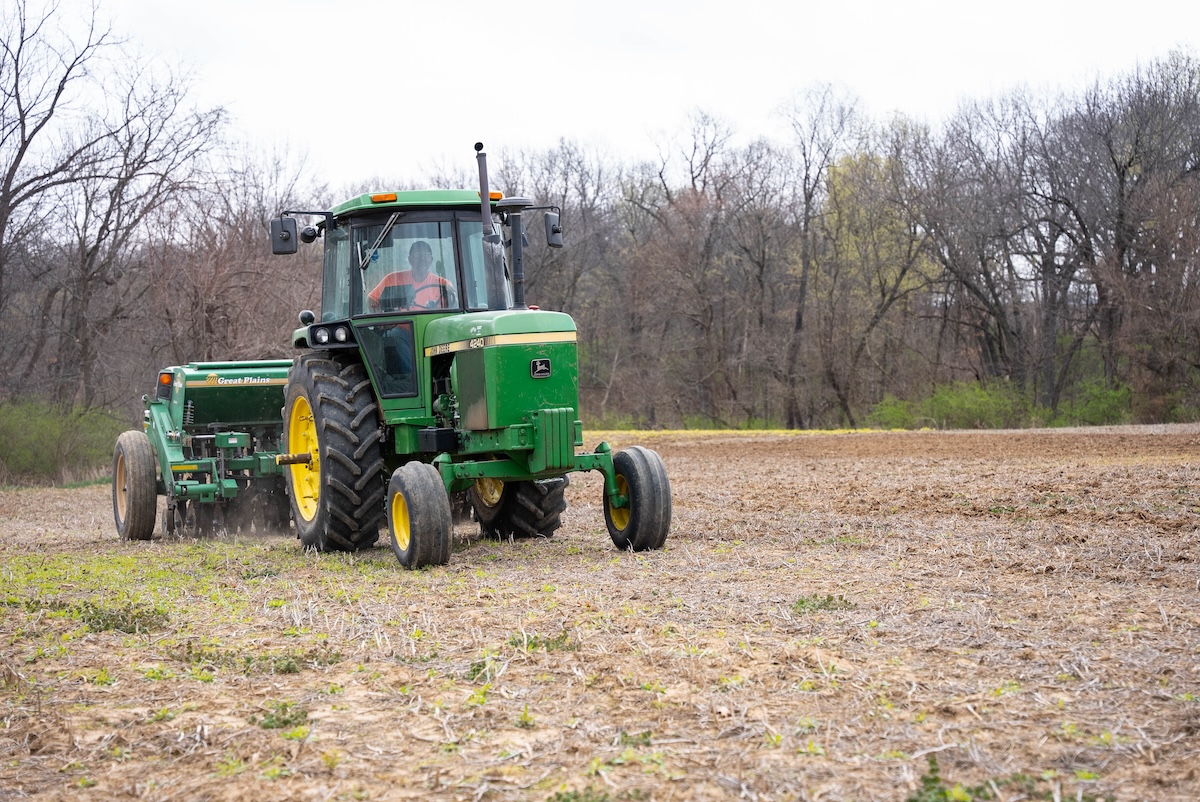
Step 1: Understand the Importance of Planning
Planning is the first step in doing this the right way. "Everyone can set up their estate differently," said Bob Stalberger, a Whitetail Properties Land Specialist in Southeast Minnesota. "If you have a next generation coming up to farm it, you'll need a succession plan. That's important."
That said, a good real estate attorney will ask the right questions. They'll assess the ins and outs of your goals. Overall, Stalberger says they'll direct you down the right path.
Of course, seasoned real estate lawyers understand the nuances of tax laws that regulate inheritance and other associated factors. This impacts how the land is passed down, ins and outs of strategies implemented, and how much (if any) tax is owed upon transfer.
"How do you want things to affect the transfer?" Stalberger said. "If it isn't done right, and the next generation farming it has siblings, and the owner passes without things in order, siblings might not see things as fair.
If the current owner(s) don't have everything spelled out according to their wishes, it often creates conflict and strife among the heirs (or potential heirs).
For example, some individuals (children, grandchildren, or otherwise) might want to continue operating the farm. Others might not. If Grandma, Grandpa, Mom, or Dad haven't put down everything pen to paper, it can get messy in a hurry.
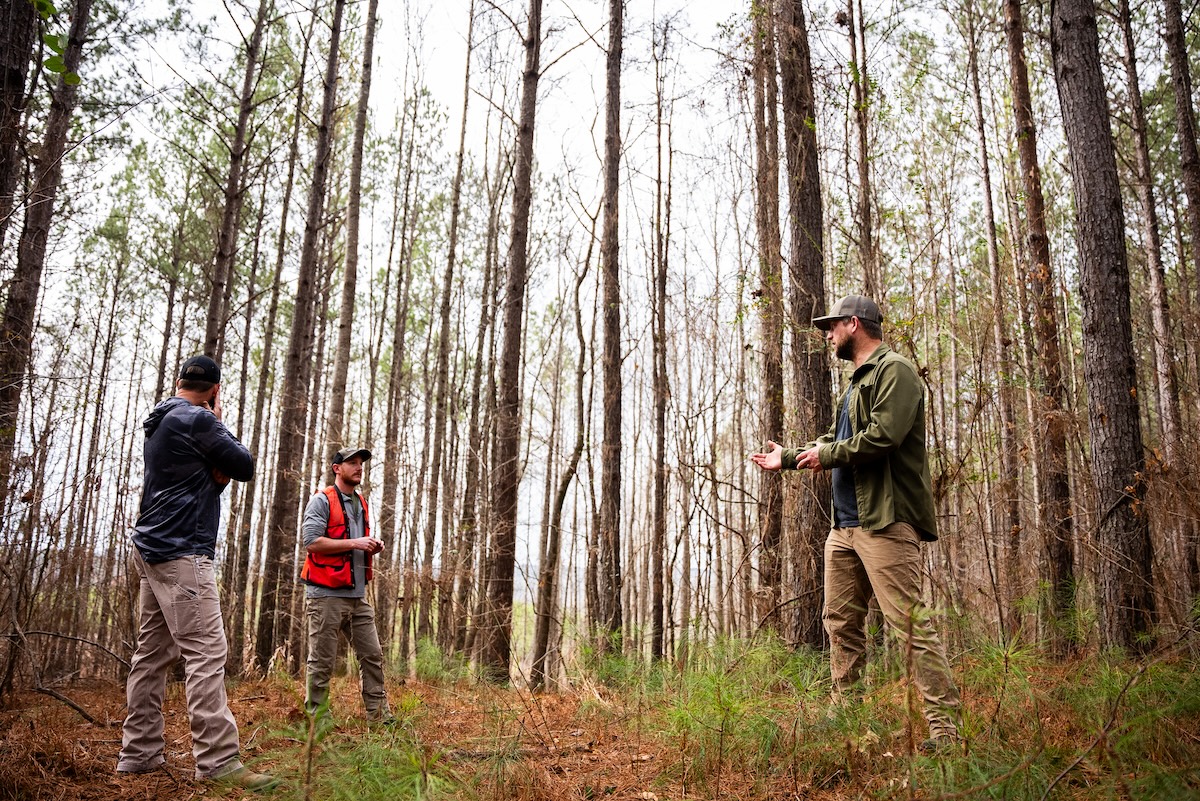
Step 2: Secure a Good Real Estate Attorney
If you aren't an expert in real estate law, the next order of business is finding someone who is. Even if you know a lot, it's still important to have a professional handle estate planning. Laws change and those who aren't dealing daily in real estate law shouldn't handle the legal elements of preserving the family farm.
"Do they have not just an attorney, but a real estate attorney, who has a background in farms," Stalberger said. "There are plenty of real estate attorneys out there who specialize in commercial rather than rural property."
For those unsure of what real estate lawyer to hire, they can ask around for those who might provide good representation. Ask your local Whitetail Properties Land Specialist, such as Bob Stalberger, for their recommendations. They know the right people to contact and can provide reputable options.
"I'm dealing with a client right now — a buyer — whose spouse passed away," Stalberger said. "With a life insurance policy, they left them a substantial amount of money. They had a farm, and she's purchasing another farm. However, her attorney is asking for things that are very uncharacteristic of things done when purchasing a farm. These are much more common when buying commercial properties."
In such an instance, it might be good to ask around for lawyers who have experience in the type of land you're buying. Fail to do that, and the attorney might lead you to spend money on things that aren't necessary. Or they might miss important steps you should take.
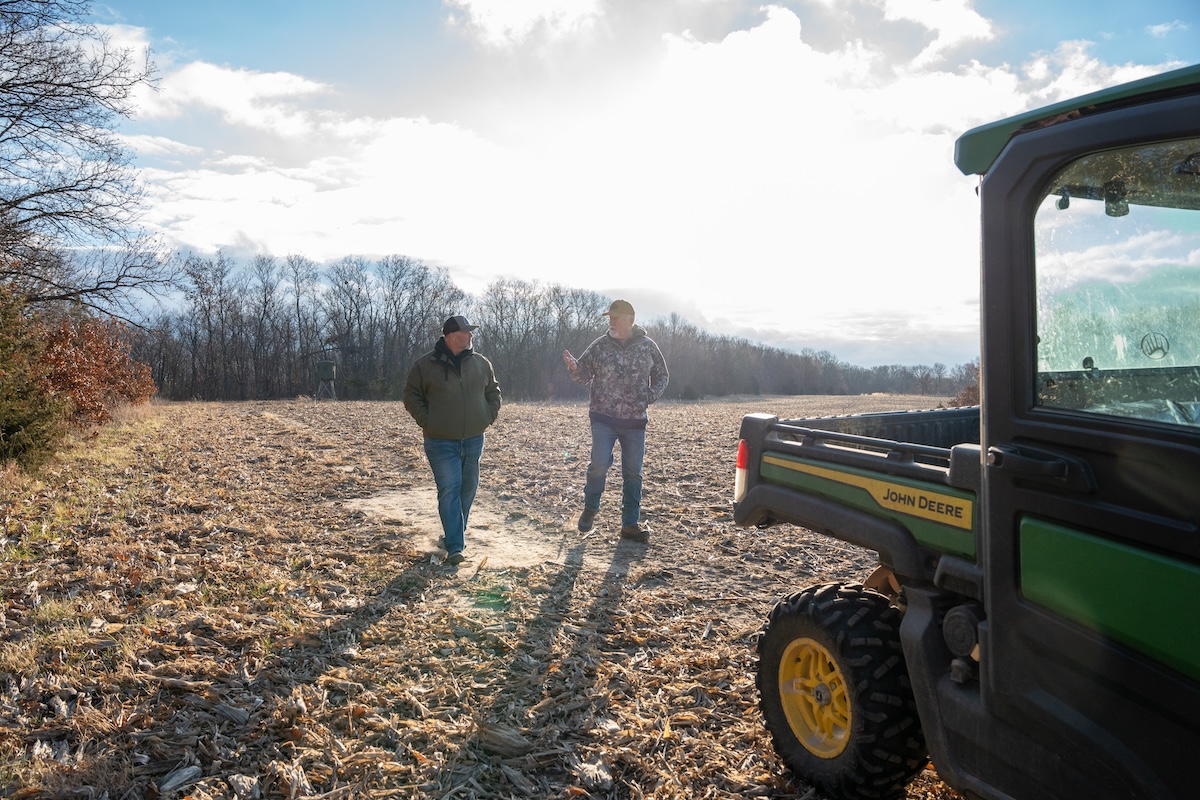
Step 3: Determine Your Goals
What are your goals? When assessing your goals, there are multiple avenues to assess. There are numerous questions those passing it down should consider.
For example, is there a next generation planning to farm it? If there isn't, the process is simpler and easier to plan for. "If there isn't another generation planning to farm, that clears out one drop-down menu," Stalberger said.
With that initial question answered, what else are the owner's goals? Do they want their kids to hold the property long term? Do they want them to not sell the land at all? Will they apply restrictions to potential eventual sales? Can they not sell it for so many years?
Do they want to put it in a trust, so that the trustees dictate who has the power to sell or negotiate rent. If so, how long does the property need to be in that trust?
These and many more are important questions to answer.
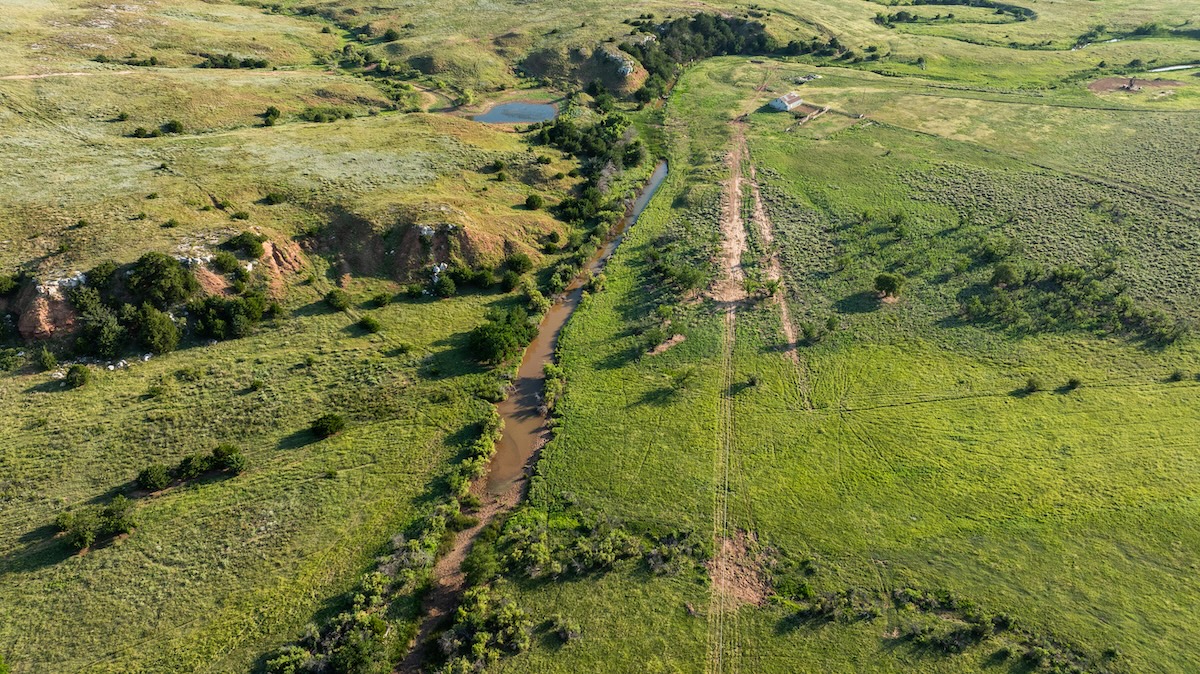
Step 4: Protect Equity and Wealth
The above scenarios are some of the myriad options that those passing land down might think about. These can be affected differently from tax perspectives. Certain events can erode your net worth and might even force property sales.
For example, Stalberger knows another couple who's currently going through the inheritance process. There is some land they inherited, and they want to eventually give it to their three children. Of course, there are a lot of things to consider.
"If they ever have to get medical care from the state, it only allows you to have so much money in your account," Stalberger said. "And if you have other assets other than cash, such as real estate, before you get that state aid for medical assistance, you must sell all of your assets and use the cash to pay for your aid."
Because of this, some people put their assets into a revocable trust. Rather than owning these assets, the trust owns the assets, and they are just trustees of the trust.
"That way, they can't be forced to sell it," Stalberger said. "But there is a five-year look back on that. If Mom gets sick, and you know healthcare is going to be expensive, but wait until Mom gets sick to put everything in a trust, they'll force you to sell those assets. You did that last minute.
"So, it's good to have a plan in place," Stalberger continued. "Now, some people think that's wrong," Stalberger said. "If you have that cash or equity, why should the state be paying for your health care? Of course, I'm not here to point fingers. I'm just saying these options are out there."
Thoughts on that aside, these are among some of the tools many individuals and families have used to grow generational wealth. It's an important part of estate planning.
Wealth building aside, it's especially important for maintaining farming operations and ensuring the agricultural business continues beyond the death of the current owner. Without important procedures in place, it becomes incredibly difficult to keep the farming operation intact.
"What if the next generation is farming it, and Dad gets sick?" Stalberger said. "Well, if the farm is in Dad's name, and they have to pay those medical bills, and there isn't anything in their account, the farm will need to be sold. Or at least a portion of it."
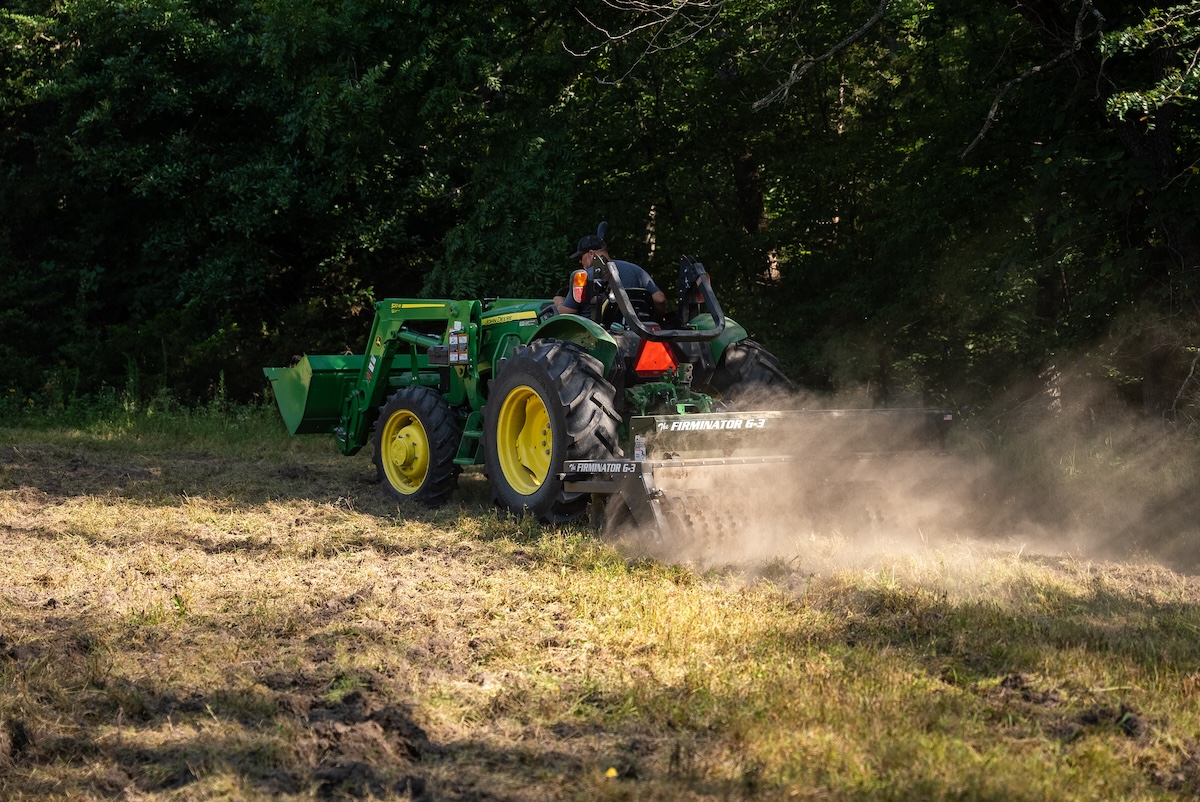
Step 5: Benefit from Tax Advantages
Landowners can benefit from certain tax advantages currently in place. Stalberger notes the common saying in the ag business "land rich and cash poor" among farmers. Oftentimes, all of their retirement and investments are held in their landholdings. They should protect that.
"Right now, if you still hold the property, the current tax law allows your heirs to receive a stepped-up basis upon death," Stalberger said. "Maybe they paid $50 per acre for it and held the property for 50 years. Today, it's worth $8,000 per acre."
Without a stepped-up basis, you're going to realize a $7,950 capital gain on every acre and pay Uncle Sam on that. According to Stalberger, if you hold it until your passing, and your heirs receive it upon your death, they receive a stepped-up basis the day of your death.
"If it's worth $8,000 the day of your death, that is now their basis point," Stalberger said. "If they were to turn around and sell it the next day for $8,000, they won't see a capital gain on their taxes from that sale."
"If they sell down the road, and it goes for $10,000 per acre, their taxable gain would be only $2,000 per acre," Stalberger Continued. "That's because their basis in that property was $8,000 per acre. (Versus $50 per acre from when it was bought 50 years ago.
Stalberger notes that, at the time of death, if you get that stepped-up basis upon someone's passing, it's highly recommended, and every attorney advises that if the property is going to be sold down the road, that you get an appraisal at the time of death. Do it when it happens, as waiting five or 10 years down the road can lead to problems and additional costs.
If you do wait, and suddenly decide to sell, it could impact your stepped-up basis. The longer you wait, the more expensive the appraisals get. This is because appraisers must look back in time, and that creates additional work.
"Assessing that time-of-death valuation, and going back to appraise it years later, takes more time and energy," Stalberger said. "It's recommended to have that done so you know what your stepped-up basis is for tax purposes."
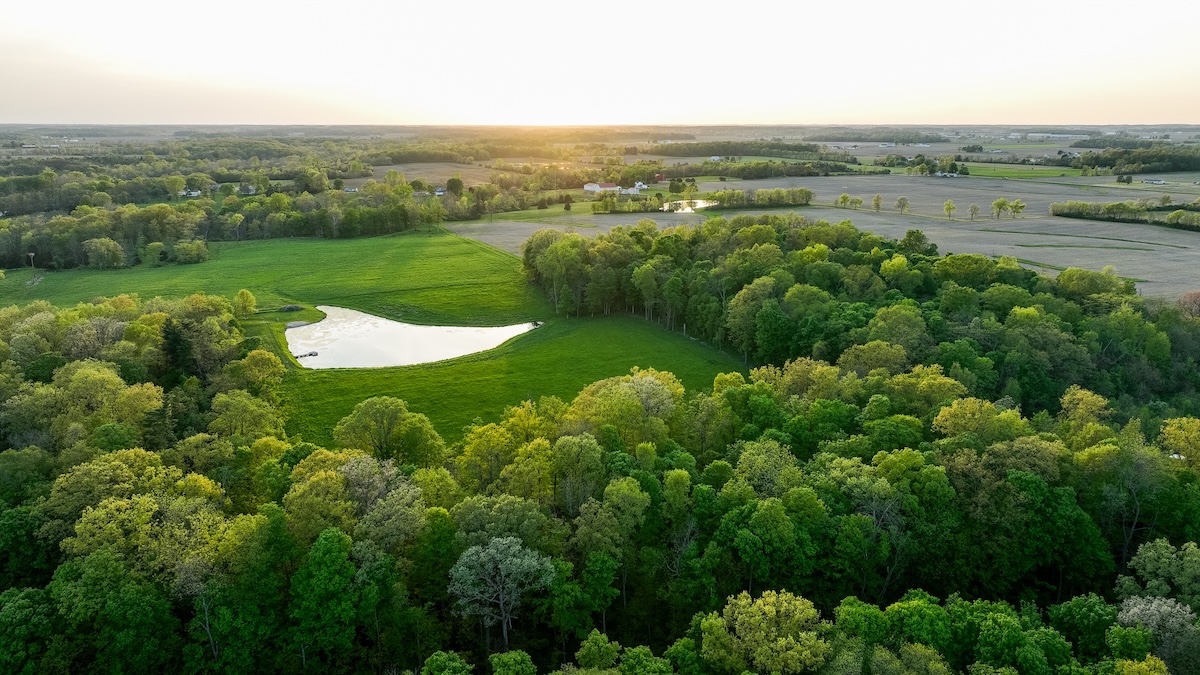
Don't Wait
Finally, don't wait. "Most farmers know they're going to die but never want to talk about a plan for it," Stalberger said.
Stalberger says that, if one beneficiary wants to continue the farming operation, and the other does not, it can lead to conflicts. If Mom, Dad, or whoever doesn't spell out a plan, and have it on paper clearly, it can lead to issues.
"Quite honestly, many fail at that," Stalberger said. "They must put it on paper how they want things handled."
"For any farmer or landowner who is in that situation, start the planning and get it into your will," Stalberger said. "Whatever you want, get it clearly spelled out as to be handled. The more planning you do the better you're going to leave things. That's always my suggestion."
For landowners looking to sell at auction, contact Ranch & Farm. We can answer questions and help with your auctioneering needs.
Published on 2025-04-03